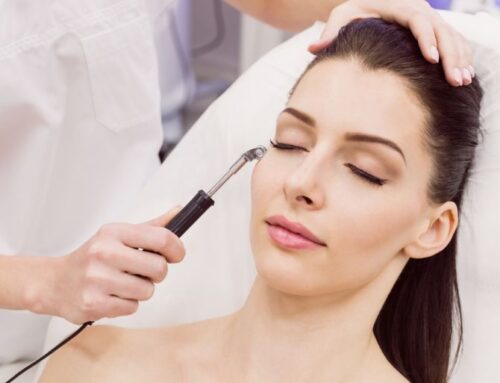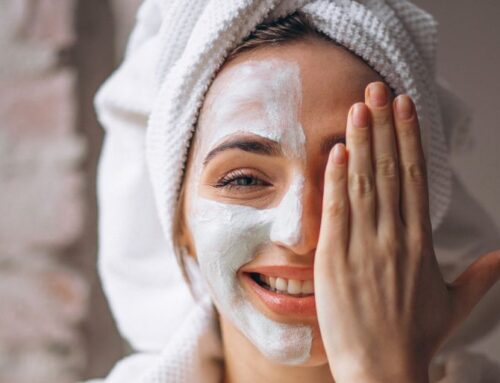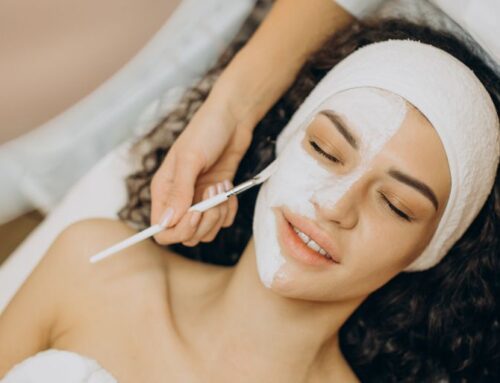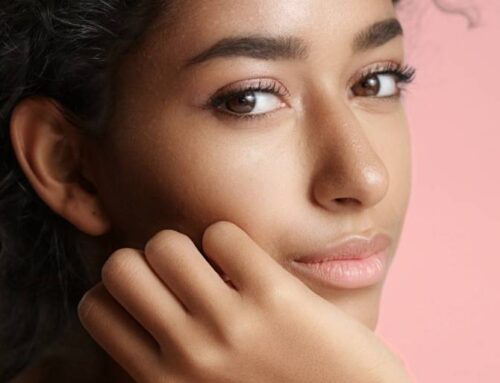Pregnancy is a beautiful time for a woman, your whole world changes. So do your skin and hair. This brief guide helps you to keep unwelcome changes at bay (according to a dermatologist.)

Skin and Hair Changes During Pregnancy
Some lucky women hardly notice any change in their skin or hair throughout their pregnancy. But many experiences at least one less favorable change or worsening skin disorder at some point. These pregnancy woes are related to the female hormonal roller coaster (estrogen and progesterone). The surge of hormones greatly affects pigments, blood vessels, glands, and the immune system. As a result, dry skin, dark skin & hyperpigmentation skin (a condition called melasma), and acne are more common during pregnancy. Women with preexisting skin conditions like eczema, psoriasis, or rosacea may also experience a change in symptoms. Conversely, as the skin retains more moisture which helps smooth out fine lines & wrinkles and boosts blood flow, skin looks radiant. People may comment you have a ‘pregnancy glow.‘
Pregnancy hormones usually speed up hair growth. The increased estrogen supports the natural hair cycle and lengthens the active phase giving visibly thicker hair. Unfortunately, the increased hair is shed after delivery. Sometimes these hormones change the shape of follicles, and hair becomes curly or switches its texture entirely. In addition, unwanted hair growth is also common in pregnant women—many notices excessive hair on the face, back, and legs.
Pregnancy-Safe Skin and Hair Care

Discuss the safety of your current skin and haircare regimen with your dermatologist and OB/GYN, especially if you’re taking prescription-strength medications or are concerned about a preexisting skin condition.
Avoid following controversial “pregnancy-unsafe” ingredients and treatments.
Use pregnancy-safe ingredients to reverse an unwelcome change brought on by pregnancy.
Sunscreen: Use 30+ mineral sunscreen liberally to reduce sunburn even if you are not suffering melasma.






